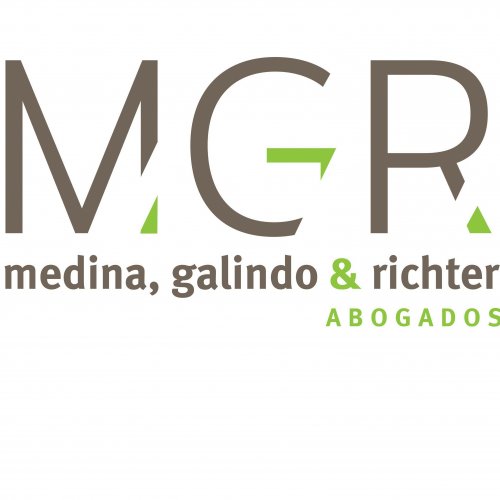Best Foreclosure Lawyers in La Paz
Share your needs with us, get contacted by law firms.
Free. Takes 2 min.
Free Guide to Hiring a Real Estate Lawyer
List of the best lawyers in La Paz, Bolivia
About Foreclosure Law in La Paz, Bolivia
Foreclosure in La Paz, Bolivia, is a legal process in which a lender attempts to recover the remaining loan amount from a borrower, who has stopped making payments, by forcing the sale of the asset used as the collateral for the loan. The foreclosure laws in Bolivia are pro-lender as the laws are designed to protect the lender's rights during mortgage proceedings.
Why You May Need a Lawyer
You may need a lawyer in foreclosure cases to represent your interests and rights, to understand the impact of the foreclosure on you or your business, to negotiate with the lender on your behalf, and to explore and execute potential legal defenses. You might also require legal advice to arrange alternative possibilities to avoid foreclosure such as repayment plans or loan modifications.
Local Laws Overview
Bolivia's foreclosure laws operate under both Notary Laws (Law 483) and Voluntary Jurisdiction Law (Law 603). These laws provide that if all loan payments are not honored, the lender can claim the property via foreclosure proceedings. It includes a court process that takes around two months. Additionally, Article 563 of the Bolivian Civil Code validates the validity of mortgages made to ban specific properties.
Frequently Asked Questions
1. How long does a foreclosure process take in La Paz, Bolivia?
The length of the process can vary. After the borrower has stopped making payments, usually, it takes around 2 to 3 months for the lender to initiate foreclosure proceedings.
2. Can I stop the foreclosure process if I start making payments again?
Depending upon the stage of foreclosure and lender's discretion, making payments again may or may not halt the foreclosure process. This is why it is highly recommended to consult a lawyer.
3. How does foreclosure affect my credit ratings?
Foreclosure can significantly affect your credit ratings and can stay on your credit report for many years making it difficult to secure loans in the future.
4. Can I appeal against the foreclosure proceedings?
Yes, you can appeal against the foreclosure proceedings, but it's a complex process and requires a deep understanding of local laws. Hence, hiring a lawyer could be beneficial.
5. Can I sell the property during the foreclosure process?
In most cases, you can sell your property during the foreclosure process, provided you can pay back the full loan balance to the lender from the sale proceeds.
Additional Resources
The Bolivian Real Property Registry office or Dirección General de Derechos Reales (DDRR) can provide assistance and information on real estate property registration and related area which include foreclosure information. Additionally, the Public Ministry (Ministerio Publico) can be the first point of contact for any legal advice regarding foreclosures.
Next Steps
If you need legal assistance for foreclosure in La Paz, Bolivia, it is recommended to hire a lawyer with expertise in Bolivian foreclosure laws. A lawyer can provide guidance, protect your rights, and represent you in court, if necessary. Also, understanding your financial options and rights before the initiation of any foreclosure proceedings is essential.
Lawzana helps you find the best lawyers and law firms in La Paz through a curated and pre-screened list of qualified legal professionals. Our platform offers rankings and detailed profiles of attorneys and law firms, allowing you to compare based on practice areas, including Foreclosure, experience, and client feedback.
Each profile includes a description of the firm's areas of practice, client reviews, team members and partners, year of establishment, spoken languages, office locations, contact information, social media presence, and any published articles or resources. Most firms on our platform speak English and are experienced in both local and international legal matters.
Get a quote from top-rated law firms in La Paz, Bolivia — quickly, securely, and without unnecessary hassle.
Disclaimer:
The information provided on this page is for general informational purposes only and does not constitute legal advice. While we strive to ensure the accuracy and relevance of the content, legal information may change over time, and interpretations of the law can vary. You should always consult with a qualified legal professional for advice specific to your situation.
We disclaim all liability for actions taken or not taken based on the content of this page. If you believe any information is incorrect or outdated, please contact us, and we will review and update it where appropriate.









